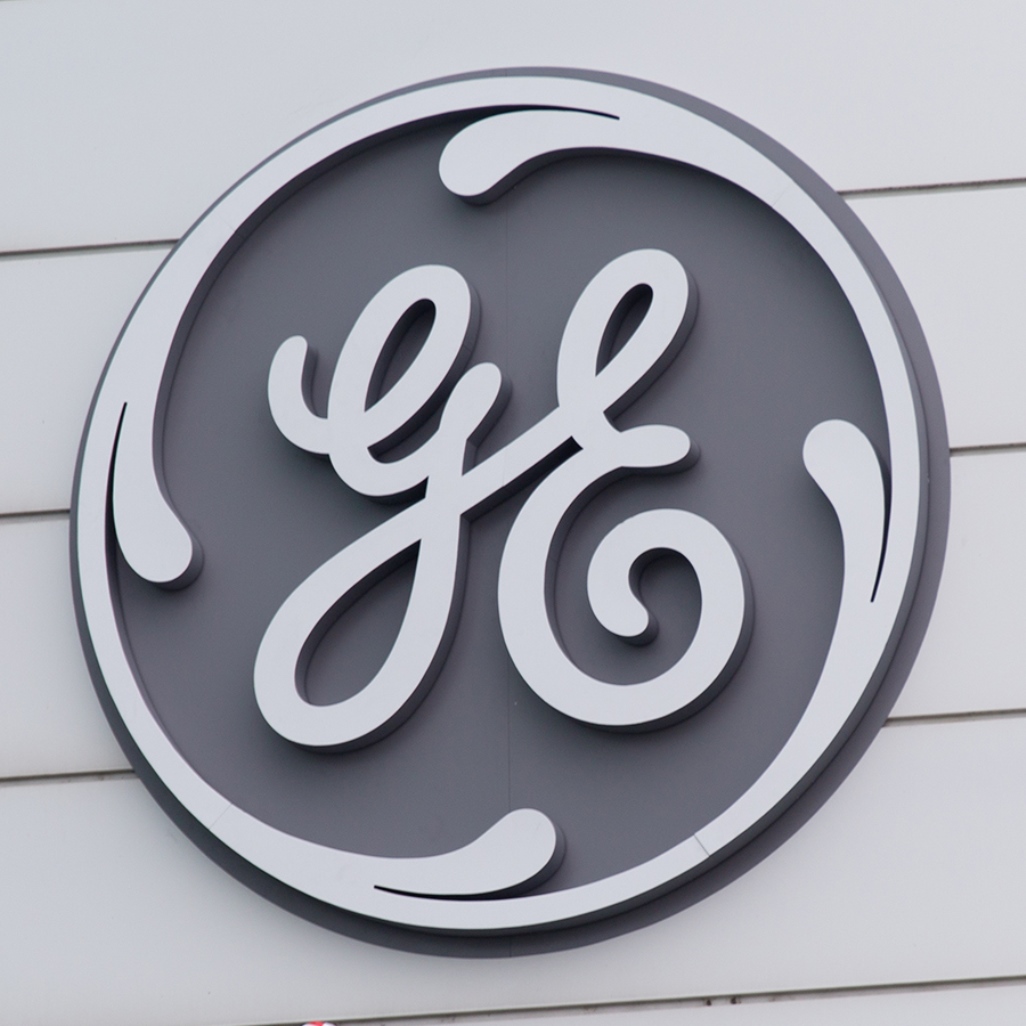Industrials
Bad News Keeps Mounting: Another Credit Rating Downgrade for General Electric

Published:
Last Updated:

The economy is still improving in 2017 and the bull market is now closer to nine years old than eight. One major company that has not recovered its lost ground from pre-recession to post-recession is General Electric Co. (NYSE: GE). The ongoing woes of GE are more than well known, but now GE can add another credit rating downgrade from one of the major credit ratings agencies to its list of troubles.
Fitch Ratings has downgraded the long-term and short-term issuer default ratings for the parent General Electric Company and for GE Capital Global Holdings LLC. Those ratings were cut to A+ and F1 from AA- and F1+, respectively.
Unfortunately, Fitch also said that GE’s Rating Outlook is Negative. That means that more downgrade risks remain unless GE makes some serious improvements.
Fitch’s downgrade is said to consider the deterioration in its operating and financial performance. That included a slower return to higher margins and stronger free cash flow than previously anticipated. Fitch also warns that the conglomerate’s industrial operations are becoming less diversified. its report said:
GE’s performance is being affected by secular changes in the Power segment’s gas turbine business that has reduced long term prospects for growth. Fitch believes the company will maintain a strong balance sheet and a high level of financial flexibility which considers a smaller albeit sizeable GE Capital, but more in line with the new rating. GE is becoming less diversified as it realigns its businesses, but overall diversification remains meaningful.
And on the outlook remaining negative, Fitch is concerned about the pace of returns to stronger free cash flow, the restructuring needed to cut the cost structure and increase margins in the Power, Renewable Energy and Oil & Gas segments.
Risks are seen in structural changes at the Power segment — including industry overcapacity, the growing role of energy efficiency, and a shift toward renewable energy.
While GE has identified several actions to improve its operating performance, Fitch is worried that the actual implementation could occur over an extended period and that there are numerous execution risks. One risk is that GE’s cash flow available to the industrial business will be reduced through at least 2018 due to a suspension of dividends from GE Capital.
The report does outline how GE could return to a Stable outlook. This would be where GE’s plans to realign its business portfolio and rebuild profitability are executed and by achieving a lower cost structure in the Power business within the next year or two. Reducing leverage, reducing net investment in contract assets, and maintaining competitive positions in GE’s industrial markets were also cited.
Before thinking the news is dire here, Fitch did note that GE has a very low level of actual enterprise risk. its report said:
Fitch still views GE’s overall enterprise risk as relatively low, reflecting its global presence, broad product portfolio, strong market positions, and substantial services revenue which generates solid margins and typically is less cyclical than GE’s equipment revenue. GE’s large scale and access to capital markets provide considerable financial flexibility to execute its operating strategies.
Shares of General Electric were last seen trading up 1.4% at $18.37 on Thursday. Its 52-week range is $17.46 to $32.38 and the consensus analyst price target from Thomson Reuters was last seen down at $23.00. GE’s consensus price target history has been dismal in 2017 — at $25.93 one month ago, $28.50 two months ago, and $29.31 three months ago.
The average American spends $17,274 on debit cards a year, and it’s a HUGE mistake. First, debit cards don’t have the same fraud protections as credit cards. Once your money is gone, it’s gone. But more importantly you can actually get something back from this spending every time you swipe.
Issuers are handing out wild bonuses right now. With some you can earn up to 5% back on every purchase. That’s like getting a 5% discount on everything you buy!
Our top pick is kind of hard to imagine. Not only does it pay up to 5% back, it also includes a $200 cash back reward in the first six months, a 0% intro APR, and…. $0 annual fee. It’s quite literally free money for any one that uses a card regularly. Click here to learn more!
Flywheel Publishing has partnered with CardRatings to provide coverage of credit card products. Flywheel Publishing and CardRatings may receive a commission from card issuers.
Thank you for reading! Have some feedback for us?
Contact the 24/7 Wall St. editorial team.